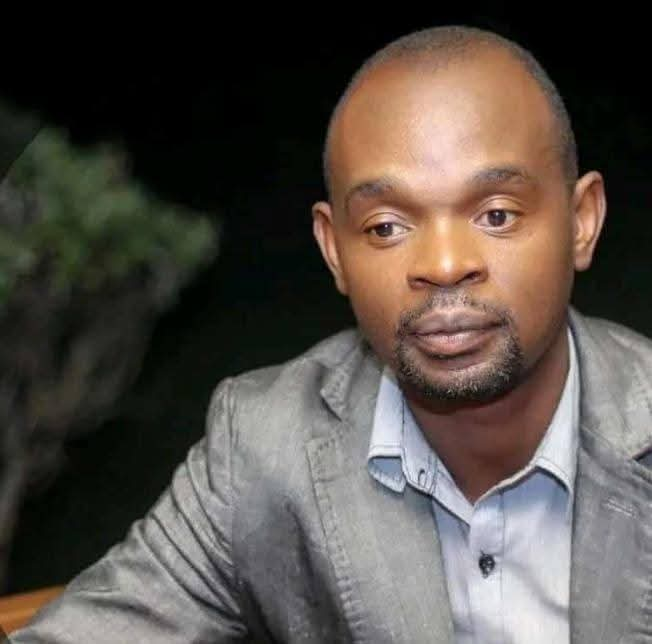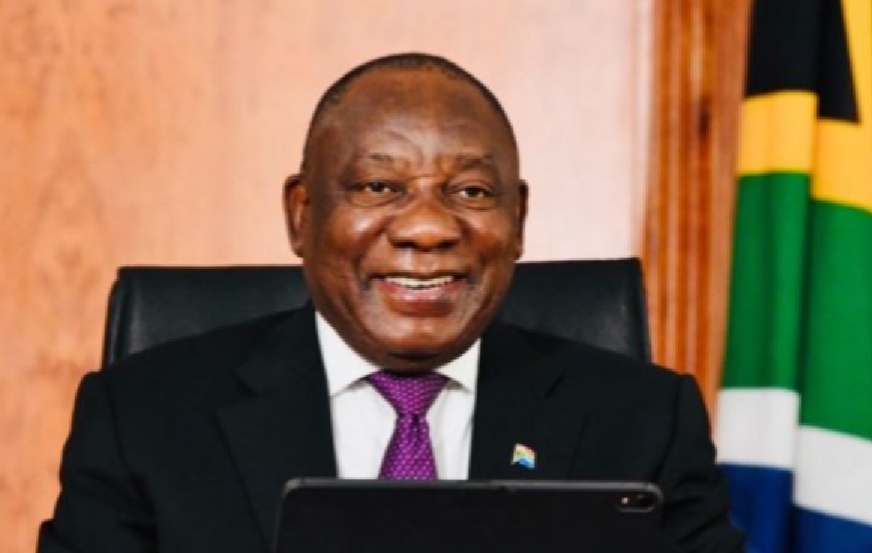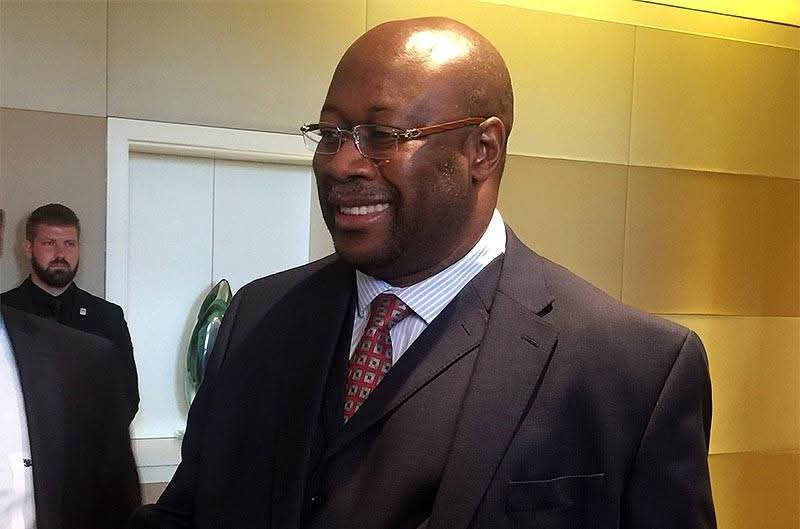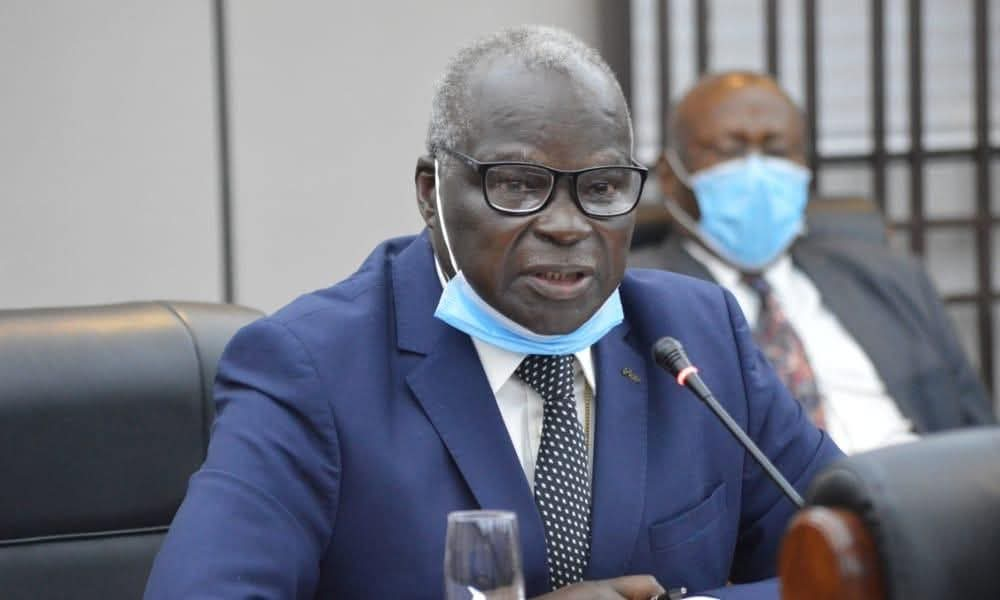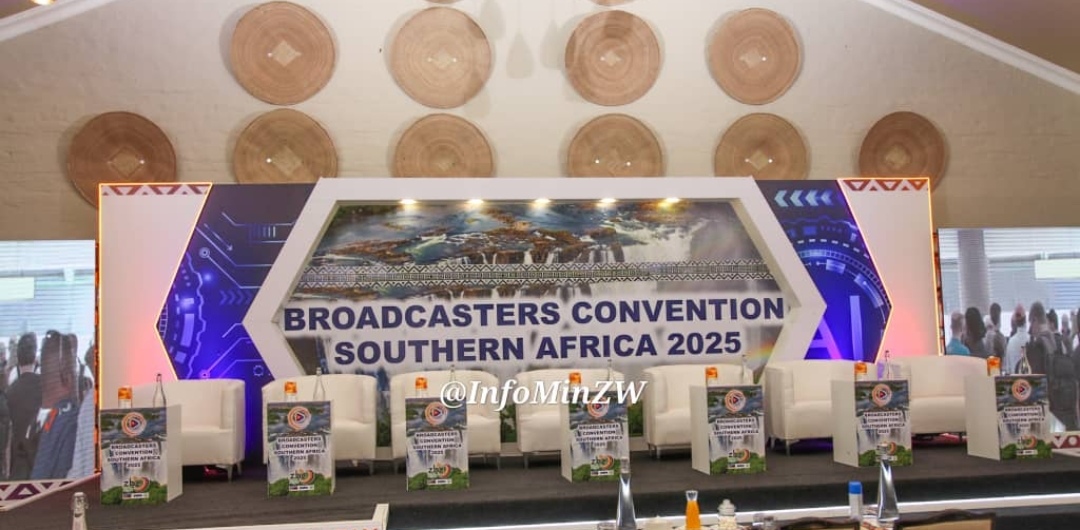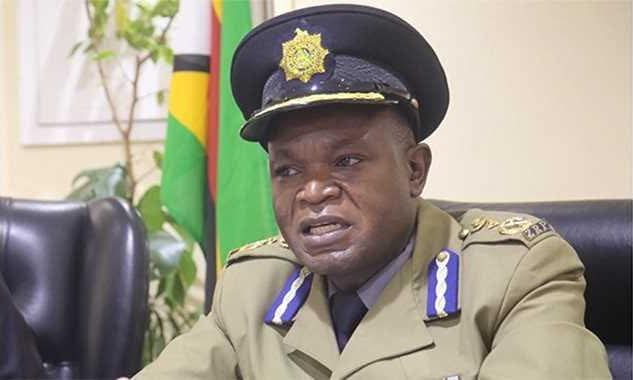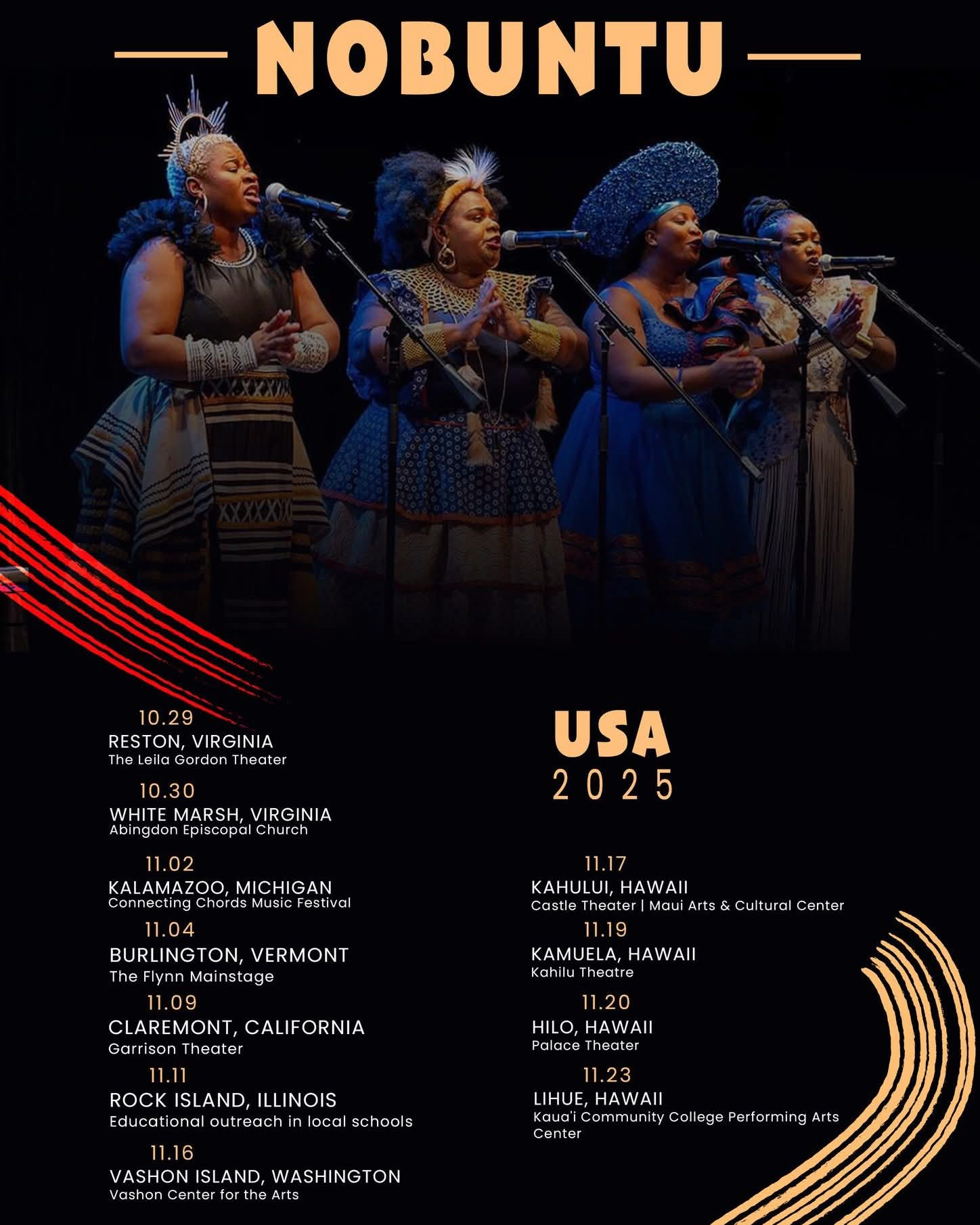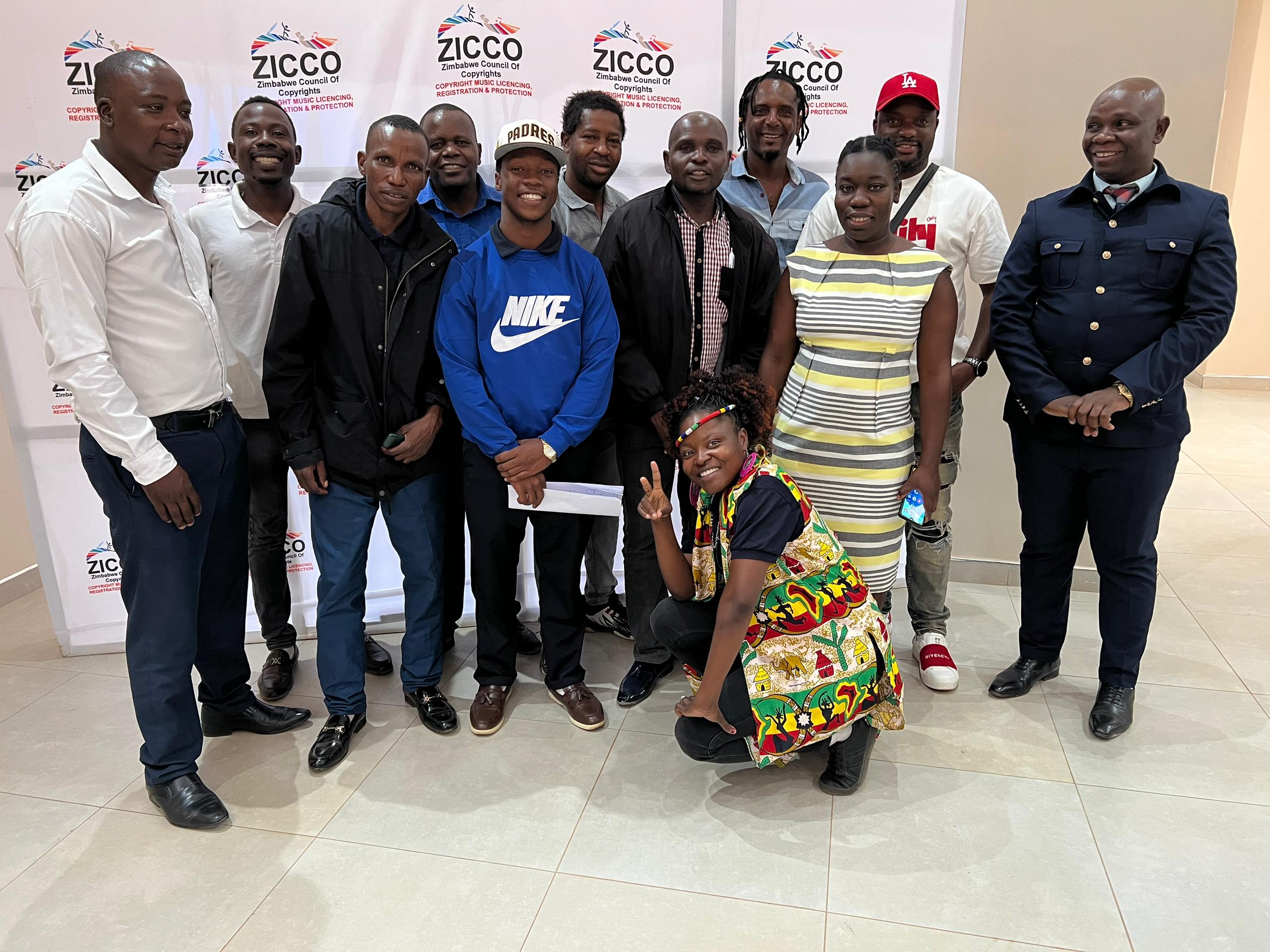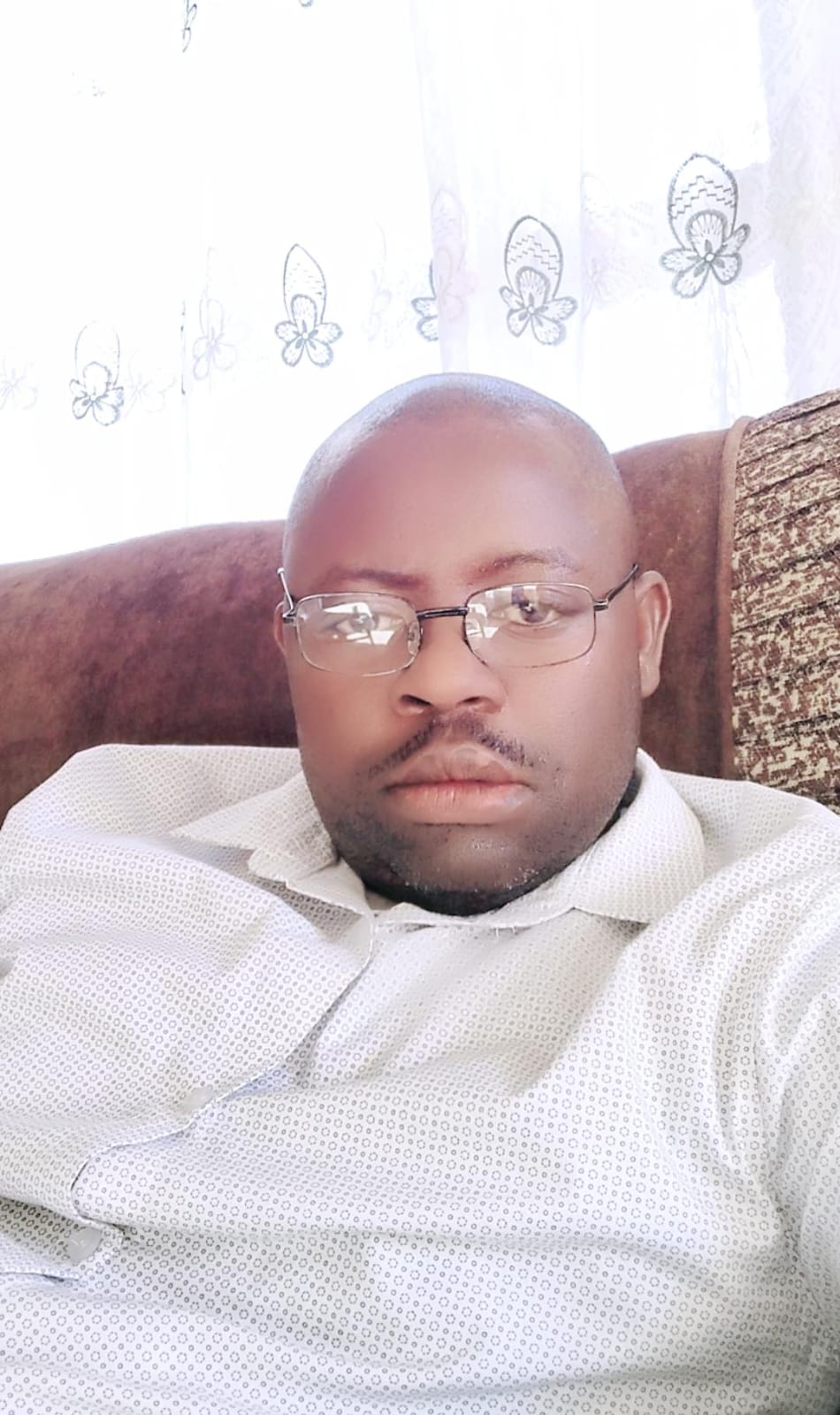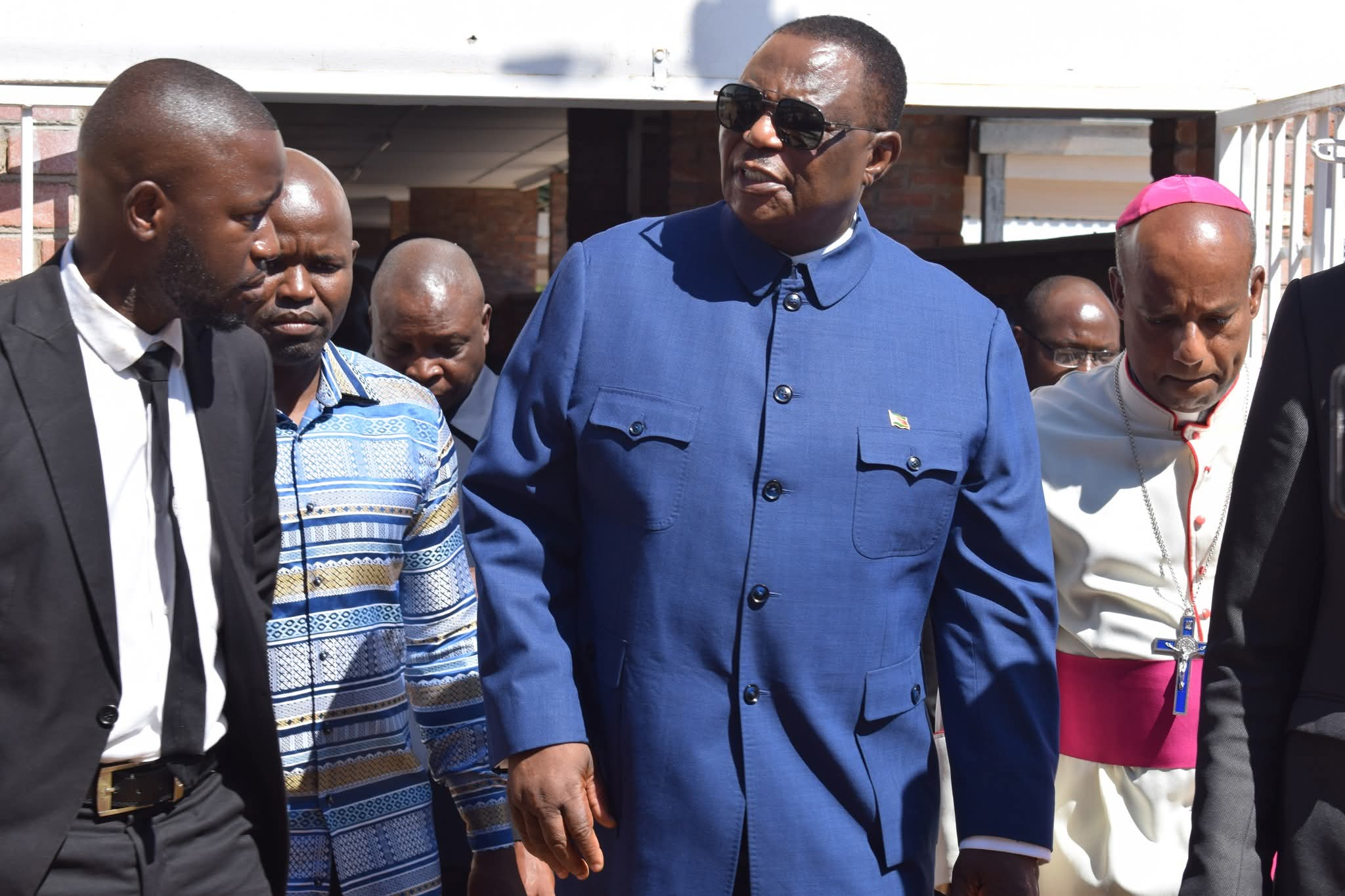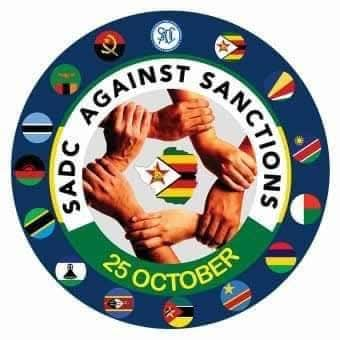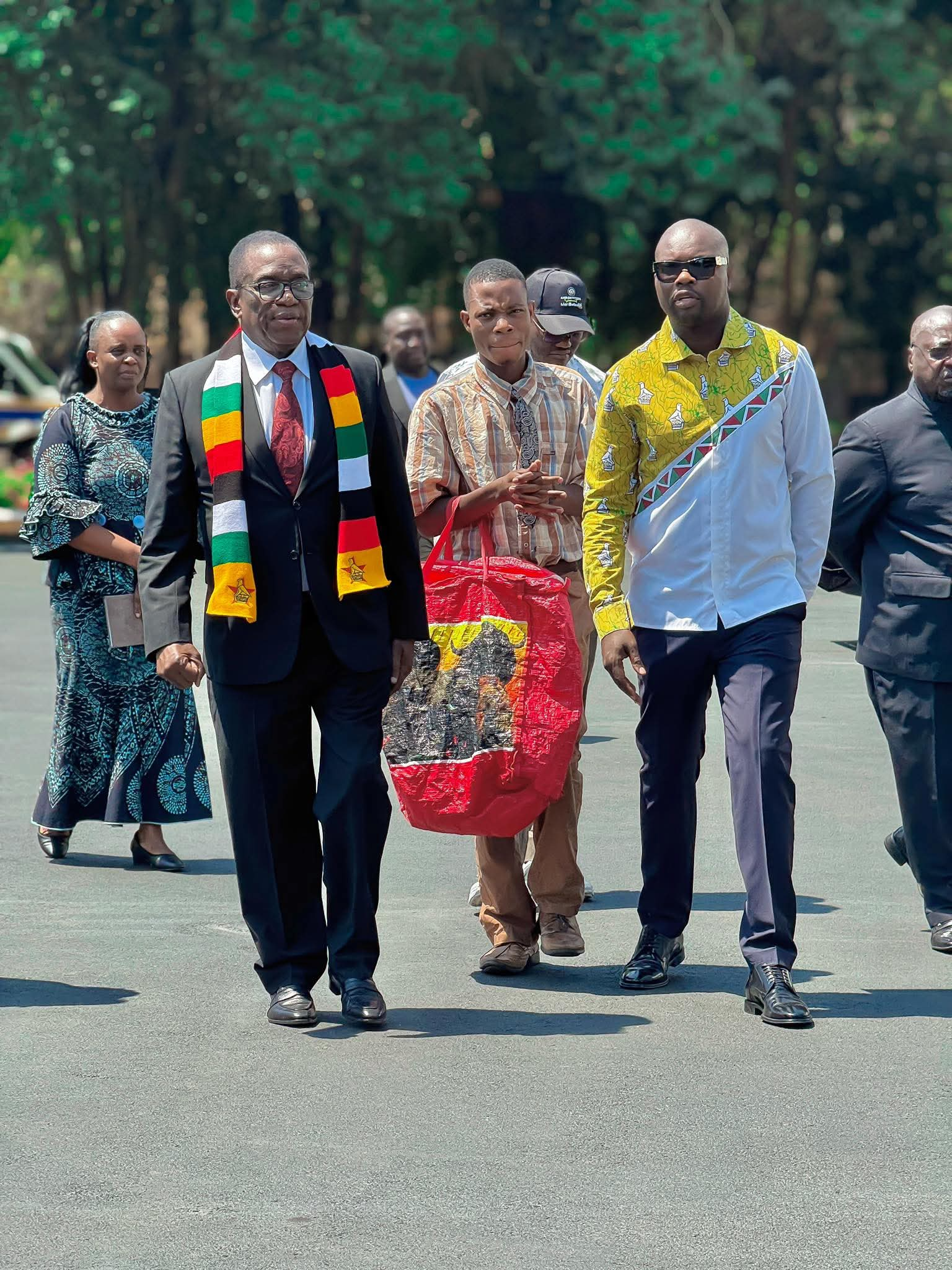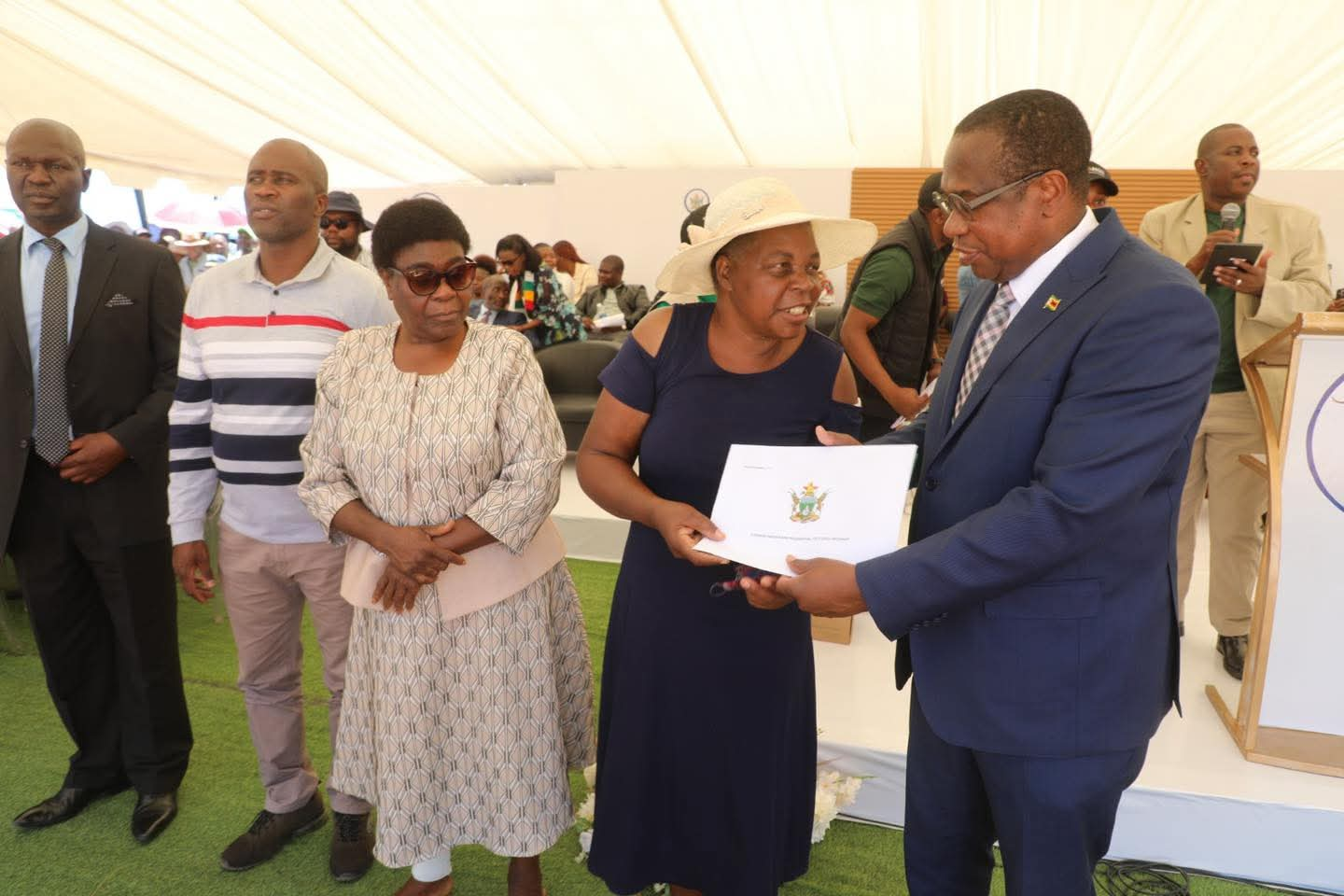Zimbabwe Moves from Rhetoric to Action in War Against Drug Abuse
Local BulawayoPosted by Admin on 2025-08-01 11:50:12 |
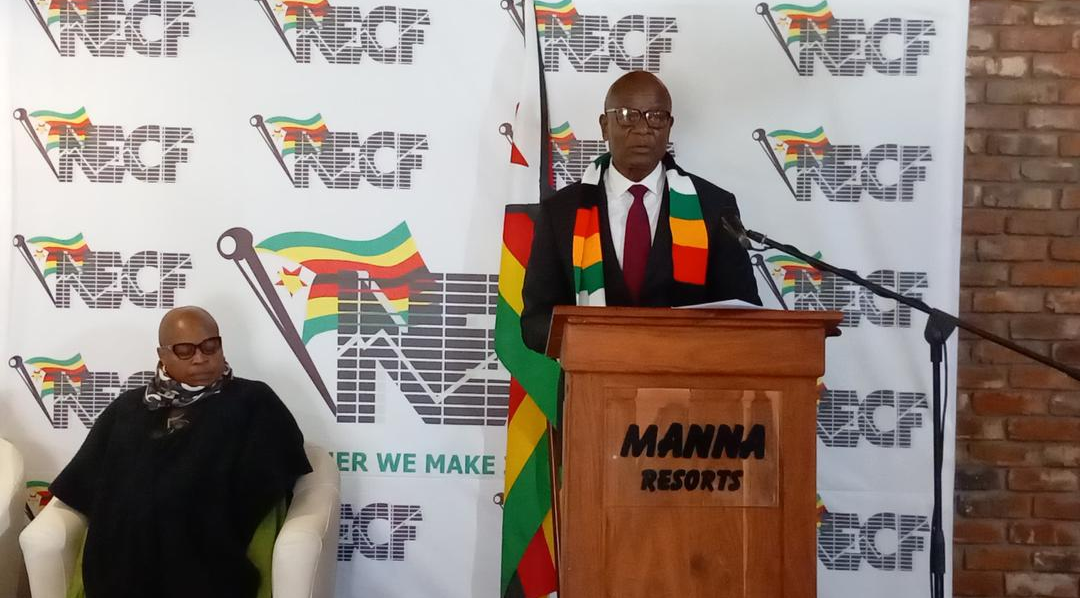
By BANO News Reporter
In a bold declaration of intent, the Government of Zimbabwe has drawn a firm line in the sand against the escalating scourge of drug and substance abuse, warning that the country’s future hinges on urgent, united action.
Addressing a high-level national dialogue convened by the National Economic Consultative Forum (NECF) at Manna Resorts in Harare, Minister of Local Government and Public Works, Hon. Daniel Garwe, speaking on behalf of Defence Minister and Chairperson of the National Committee on Drug and Substance Abuse, Hon. Oppah Muchinguri-Kashiri, underscored the gravity of the crisis and the country’s resolve to confront it head-on.
Held under the banner “From Addiction to Action: Addressing the Causes and Building Solutions for Drug and Substance Abuse in Zimbabwe”, the event marked a significant pivot in the nation’s drug response strategy, shifting the discourse from diagnosis to solution-driven execution.
“This is no longer a health problem alone,” declared Hon. Garwe. “Drug and substance abuse has morphed into a national crisis — corroding our social fabric, fuelling crime, and derailing our developmental gains.”
He painted a grim picture of the toll drugs are taking on the country’s youth, revealing that 60% of mental health patients in Zimbabwe are battling drug-related disorders. Global projections add urgency: the number of drug users worldwide hit 316 million in 2024, and Africa is expected to witness a 40% increase in usage by 2030 if urgent interventions are not made.
The statistics, however, are not where government plans to end the conversation.
Hon. Garwe hailed President Emmerson Mnangagwa’s leadership in galvanizing a coordinated national response. Under the Second Republic, Zimbabwe has transformed its approach — elevating the Inter-Ministerial Committee on Drug and Substance Abuse to a fully-fledged Multi-Sectoral National Committee, and launching a seven-pillar Multi-Sectoral Action Plan (2024–2030) aligned with Sustainable Development Goal (SDG) 3.5. The President also mobilized US$3.1 million to fund implementation of the plan.
“This is not a symbolic gesture — this is real money, real leadership, and real action,” Hon. Garwe said.
Central to the plan’s success is grassroots involvement. Hon. Garwe issued a clarion call to churches, traditional leaders, parents, educators, and especially young people to reclaim their communities and serve as the first line of defence.
“We must stop pointing fingers and start building bridges. Recovery is possible, but only if we embrace those affected with compassion and provide real pathways to rehabilitation,” he urged.
He also emphasized the importance of research, data-driven policy, and decisive stakeholder action, warning that lip service and fragmented efforts will not suffice.
“Today must mark a turning point. This dialogue is not just about words—it’s about action, solutions, and accountability. The youth are our greatest asset. If we lose them to drugs, we lose Zimbabwe’s future,” he said.
The national dialogue brought together a wide spectrum of leadership and expertise, including the Ministers of Information, Publicity and Broadcasting Services, Hon. Dr Jenfan Muswere, Public Service, Labour and Social Welfare, Hon. July Moyo, Minister of State for Mashonaland West, Hon. Mary Mliswa-Chikoka, senior government officials, traditional leaders, and development partners.
With Zimbabwe's Vision 2030 in sight a promise of a prosperous and empowered upper middle-income society the Government made it clear: the battle against drug abuse is no longer just a policy priority. It is a national emergency, and every citizen has a role to play.
Search
Categories
Recent News
- Broadcasting is a talent and cannot be studied: EZRA TSHISA
- ZIM IS OPEN FOR BUSINESS...AS WORLD GLOBAL SECTORS JET IN FOR ZITF 2023
- Brito Restores Bosso Dignity
- ZTA in promotional partnership with South African Airways
- Zim young creatives design tech system to aid education system
- Zim to further boost inbound tourist arrivals...as ZTA clinches a promotional deal with Emirates
- "It`s ON" KwaNtuthu Comedy Festival 2nd edition dates revealed
- Msiz` Kay`s "IndluKaMrapper Campaign Concert" postponed
